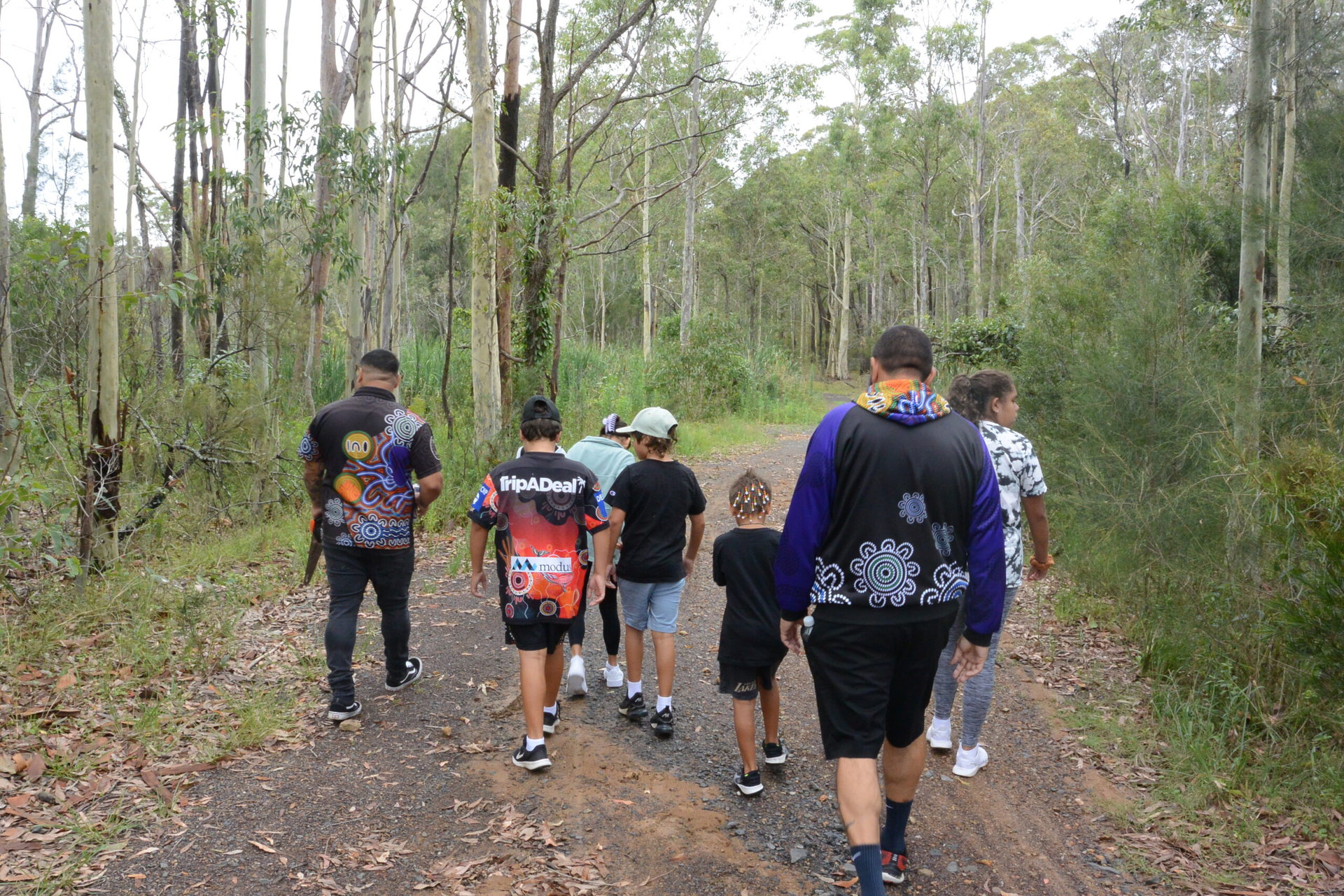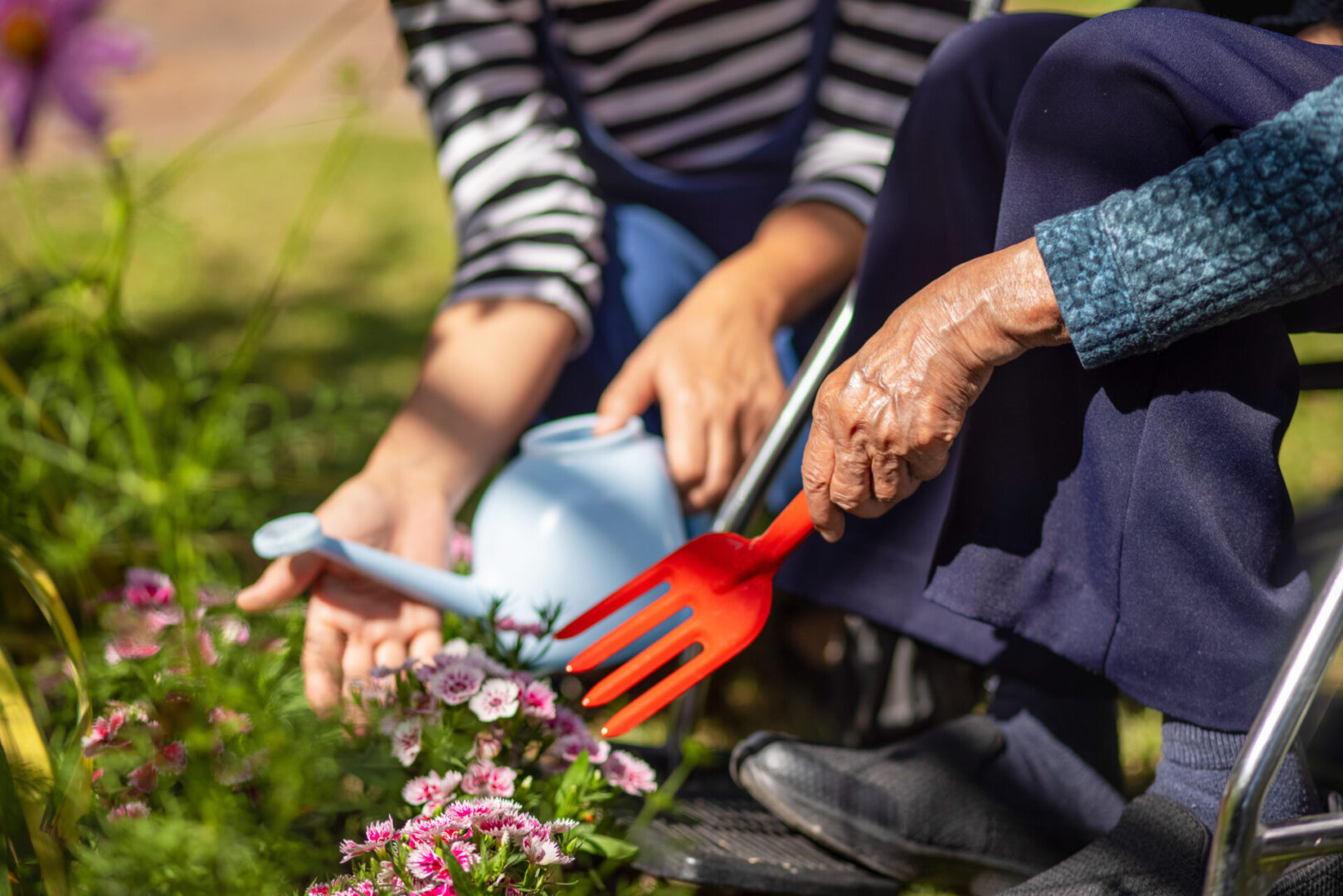Strong relationships with self, each other and Country are essential for creating successful and sustainable programs with Indigenous communities
“As we stand in a circle, holding hands, singing to the Old People, the Eagle flies over us again. Showing up at the start of the very first program and returning periodically until the very end, the Eagle protects us and reminds us of our responsibility of respecting our Mother, each other and culture.” – Colin Moore (Koori Kids Culture Club program mentor, personal communications)
Having a strong connection and relationship to culture and Country is fundamental to the health and wellbeing of Aboriginal peoples in Australia. The concepts of Country, health and wellbeing are perceived as holistic and interconnected, encompassing the social and emotional wellbeing (SEWB) as well as physical, cultural and spiritual health. Research have shown that people’s health is intricately linked to their connection to and their caring of Country. When this connection is disrupted, the health of Aboriginal peoples suffer. For a number of Australian Aboriginal children, the intergenerational cultural, socioeconomic and political impact of colonization has also meant that they may not be provided with opportunities to engage with and learn about their culture and connect with Country, placing their health at risk.
Enhancing health and educational outcomes among Aboriginal children through cultural connectedness can be achieved using relational community-based programs. For over a decade, the “Strong Culture, Healthy Lifestyles” project has been a beacon of hope and transformation for Australian Aboriginal children on Wodi-Wodi, Jerrinja, and Yuin Country in the South Eastern part of New South Wales, Australia. The project team from The University of Wollongong and Cullunghutti Aboriginal Child and Family Centre have worked together since 2014 to explore how connecting with culture and Country impacts health, lifestyle behaviors and educational outcomes of Aboriginal children and their non-Aboriginal siblings through an afterschool cultural program.
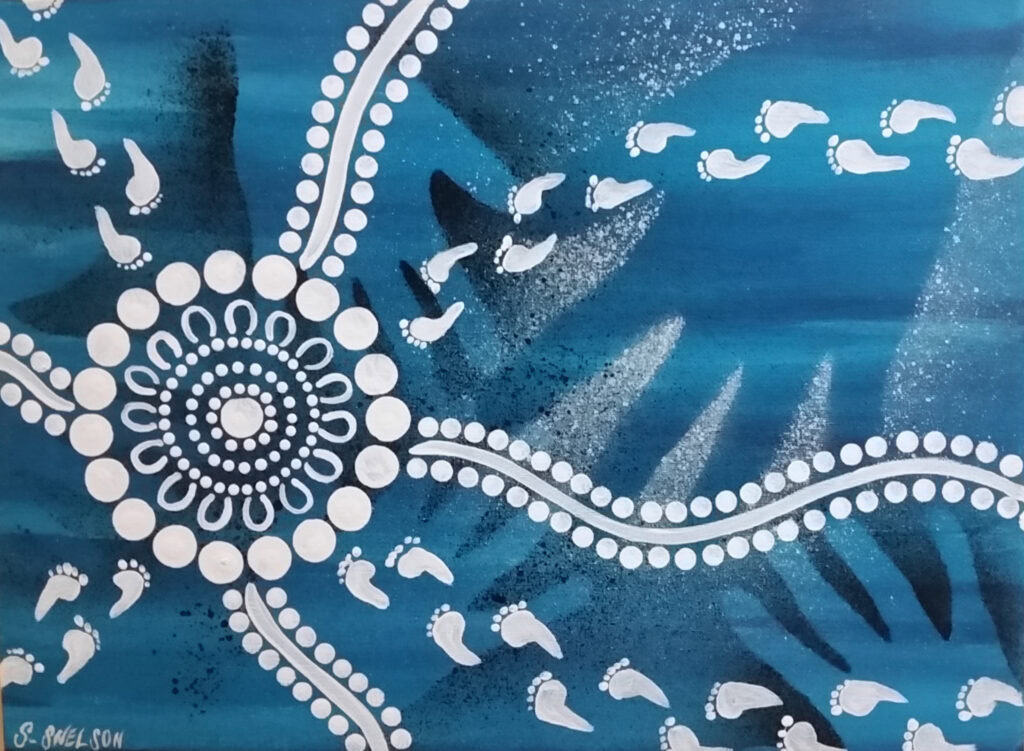
The Koori Kids Culture Club program was co-created by The University of Wollongong and Cullunghutti Aboriginal Child and Family Centre with Shoalhaven Aboriginal community and named by the participating Aboriginal children. It blends cultural enrichment with health and wellbeing, creating a unique and powerful impact on the children and communities it serves. What makes this program truly unique is its relational approach to culture and wellbeing. The Koori Kids Culture Club isn’t just about teaching cultural practices; it’s about living and breathing culture in every aspect of the children’s lives. From traditional cooking and language lessons, to dance, song, and storytelling, the program is a comprehensive cultural immersion emphasizing the importance of respectful relationships.
Over the years, the project has evolved into a partnership between Yuin Country, Aboriginal community organizations, Aboriginal Elders, community members, and academic researchers (both Aboriginal and non-Aboriginal). To respect this partnership, the authors would like to acknowledge the traditional custodians of Yuin Country, and their continuing connection to the land, sea and community and pay their respects to the Ancients, Ancestors and the Elders of today and the future.
The “Strong Culture, Healthy Lifestyles” project has had a powerful impact on the children and communities it serves. Through their engagement with the program, children have expressed a deep sense of pride in their cultural heritage. They have learned valuable lessons about family, community, and the importance of connecting with Country. This cultural grounding has been shown to enhance their social-emotional health, boosting their confidence, self-esteem, and overall happiness.
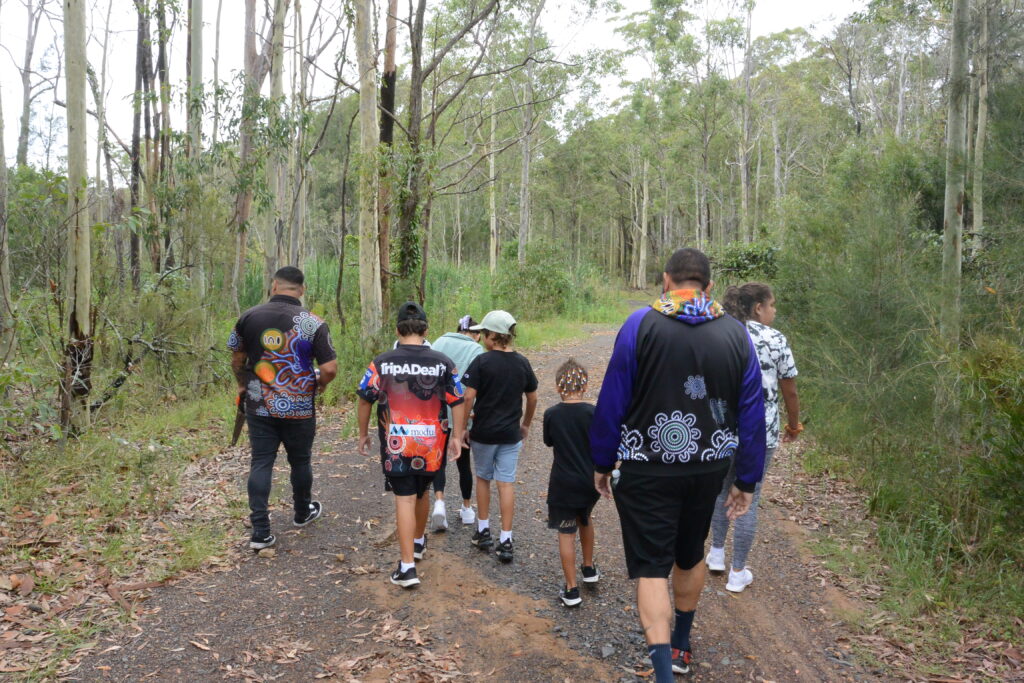
Caregivers, mentors, and teachers have also noted significant shifts in the children’s relationships and ways of being. They have observed that the children are more engaged in school, more respectful of others, and more connected to their community. These changes are not only beneficial for the children but also for the broader community, creating a more supportive and cohesive environment for everyone.
The “Strong Culture, Healthy Lifestyles” project has also highlighted the importance of sustainability in research and program development. By listening and valuing the voices of Country and the community, we have co-created a program that is not only effective but also deeply respected and supported by the people who are involved. By placing relationships at the center of our efforts, the program has fostered healthy ways of wellbeing, and resilience in Aboriginal children. This project underscores the importance of adaptability, respect, and strong relationships in creating successful and sustainable programs. The positive ripple effects of this initiative are felt not only by the children but by the entire community and researchers, making it a model for future programs aimed at promoting health and wellbeing through cultural enrichment.
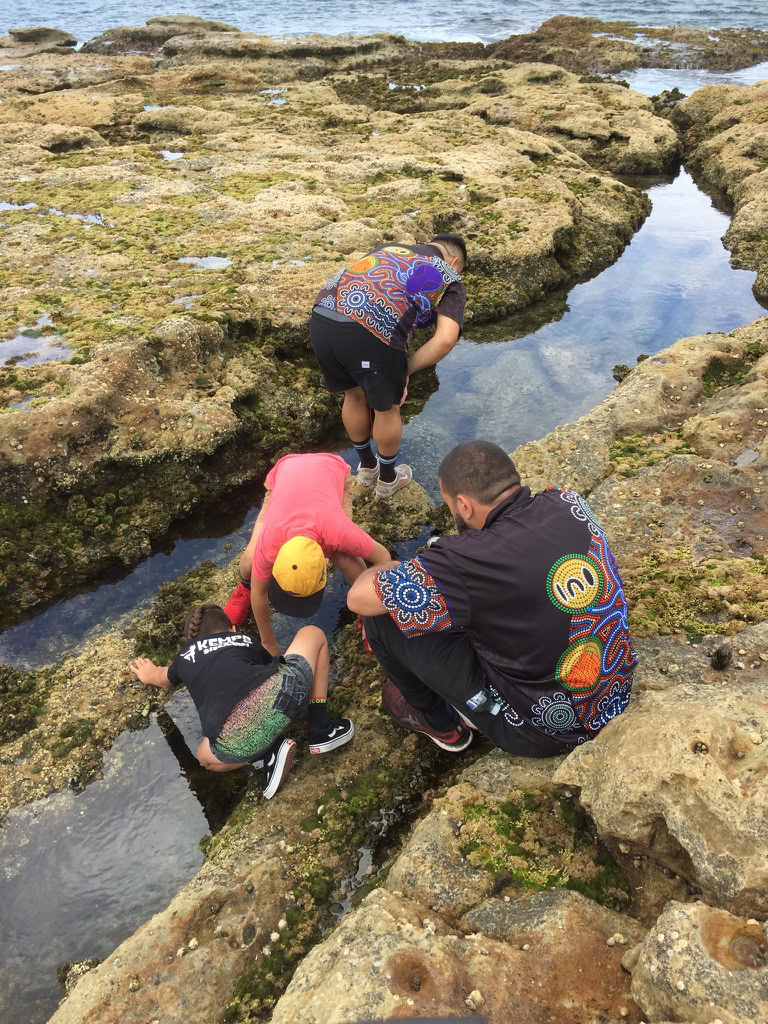
Photo Credit: Dr Gabrielle O’Flynn
Take home messages
- Be flexible and respectful: One size doesn’t fit all. Tailor programs to each community’s unique needs by being flexible, adaptable and responsive. Prioritize engaging in ongoing dialogue to ensure cultural relevance and always be prepared.
- Build trusting relationships: Forge strong, respectful relationships with the community, Country, and self by listening deeply, acting on insights and self-reflection. Prioritize open communication, and blending Aboriginal and Western knowledges for meaningful, sustainable partnerships.
- Consider broader impact: Cultural connection boosts kids’ social-emotional wellbeing, identity, leadership, and pride, benefiting the entire community. Strive to create initiatives with Indigenous communities that benefit not just individuals but also their families, communities and Country.
Authors and Affiliations:
Yuin Nation, and all the Aunties and Uncles that have guided us
Dr. Rebecca Stanley, Dr. Anthony McKnight, Dr. Gabrielle O’Flynn, Associate Professor Yasmine Probst. University of Wollongong, Australia.
Ms. Tara Leslie and Mr. Charlie Ashby. Cullunghutti Aboriginal Child and Family Centre
